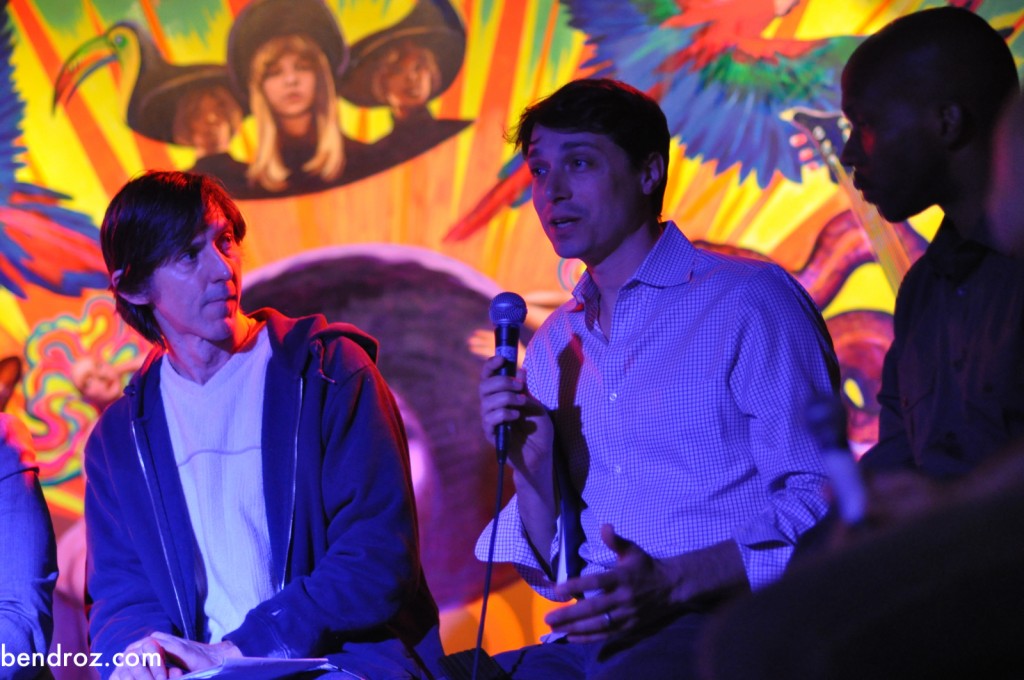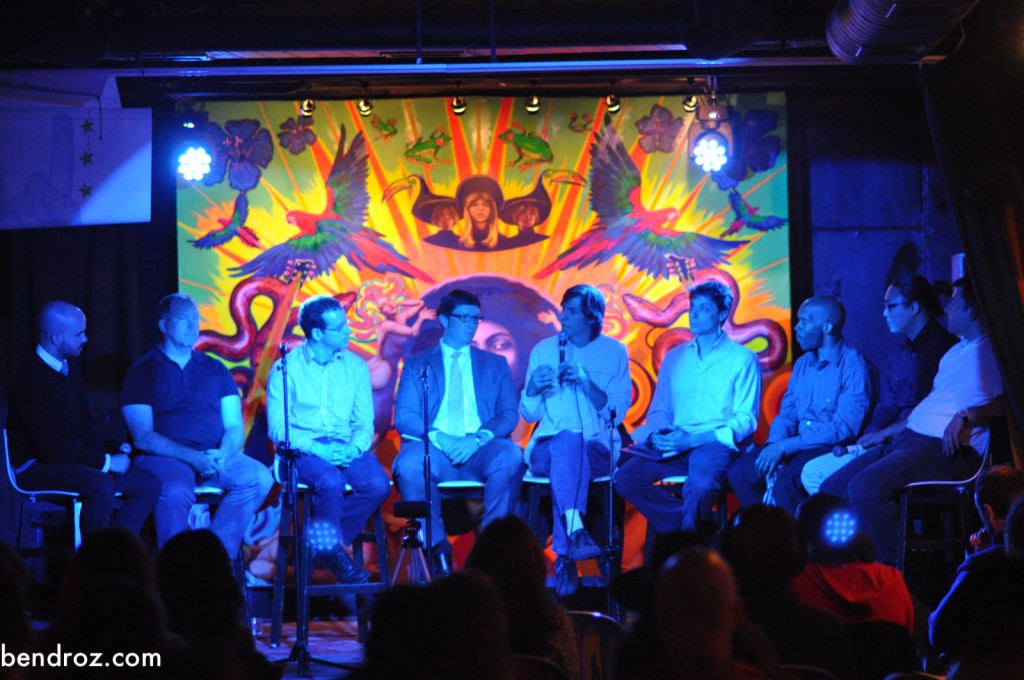Two nights ago I sat on a panel discussing Community Engagement in the Arts as part of the Do Good Summit in Washington, D.C., produced by the non-profit Think Local First. Think Local First supports local businesses, and we’ve included one of their “Ten Reasons to Buy Local” in DC Advocates for the Arts advocacy talking points for several years:
“For every $100 spent at a locally owned business, $45 goes back into the community and our tax base…Embrace what makes us different. Our one-of-a-kind businesses are an integral part of the distinctive character of our community.”
Arts businesses are local businesses, and I was happy to be on this panel for Local First with Mike Abrams (Manager at Union Arts), Philip Hutinet (Editor in Chief at East City Arts and Lumen8 Anacostia), Peter Chang (co-founder of No Kings Collective), Travis Bowerman (Deputy Director Cultural DC) Ian David Moss (Research Director at Fractured Atlas and Editor-in-Chief at Createquity), Daniel Conner (Policy Advisor to DC Council Member Tommy Wells), and Moshe Adams (Grants Manager for the DC Commission on the Arts and Humanities), moderated by Micah Greenberg.

Our individual professional foci influenced the discussion. Phil Hutinet, who works in the developing Anacostia area of D.C. highlighted the value of the arts in stabilizing communities. Peter Chang, who produces art shows, talked about the need for space. Ian Moss, who researches and writes for a living, talked about the need for additional research. Wearing my arts advocacy hat, I talked about the need for stable arts funding, and the DC mayor’s recent cut to arts funding. We all talked about more than just those things, but our personal and professional bias was possible to spot.
Another thing that was possible to spot was that we were all men. It wasn’t supposed to be that way. Two of the panelists were last minute replacements for women. The absence of females on the panel was an anomaly, and not a reflection on the host, or host organization. Regardless, our ‘hyper masculinity’ was noticed. One attendee, tweeted, “#Seriously though! #dc #arts #fail”, and walked out. In reply to a tweeter who noticed her leaving, she tweeted back, “yeah, that was me, protesting with my feet.”

Gender disparity in the arts is real, and audience response was appropriate. The book I recently edited, Bourgeon: Fifty Artists Write About Their Work, includes an article about the DanceUSA study that documents 86% of the largest U.S. dance companies are run by men (artistic and executive directors combined.) Choreographer Gesel Mason says in the article that in a female dominated industry, the existence of a small minority having power over the majority resembles “a kind of apartheid”. While the gender of our panel did not reflect the values of the hosts, or the panelists, it highlighted the importance of inclusion, even if what we said as a panel was un-affected by our gender.
I tweeted about the issue during the event with Jess Solomon, a D.C. based cultural worker. Following up after, Jess cleanly articulated an important take-away: “Conversations are what shape communities. When there is a presumed homogenous group having a conversation about interventions (ie. art and development) that will affect groups of people that are not part of the conversation, it’s a problem.”